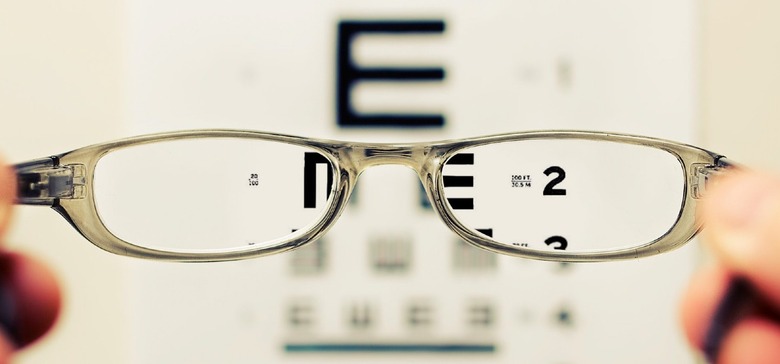Ketamine Found To Rapidly Trigger Recovery From Common Eye Disorder
Ketamine, an anesthetic that has increasingly drawn interest among experts as a potential treatment for severe depression, is the subject of a new study from the University of California – Irvine. According to the researchers, this same drug is also a potential treatment for a relatively common eye disorder called amblyopia, sometimes referred to as 'lazy eye,' though it's not to be confused with a different condition (strabismus) also referred to as lazy eye.
The condition
Amblyopia differs from strabismus in an important way: the latter is a condition in which the eyes aren't pointing in the same direction, whereas amblyopia is a vision issue that results in low visual acuity due to a 'communication' problem between the brain and affected eye. The condition is often associated with low birth weight and premature birth, though it can happen to anyone.
Though there are some existing treatments for amblyopia, the condition must be caught when the patient is a child — it is often diagnosed before the age of five. Treatment is rarely effective at completely fixing the problem, though, and is quite difficult for kids to deal with: it involves wearing an eye patch over one's good eye, forcing the brain to use the weak eye and, hopefully, strengthening the connection with it.
Most people with amblyopia will have to deal with the visual acuity for their entire life; depending on the severity of the visual acuity loss, prescription eyeglasses may not be able to restore the vision in that eye to a sufficient level, making the person more dependent on their 'good' eye.

Ketamine for vision
Ketamine is a drug most commonly used for anesthetic purposes, but it is also often abused recreationally due to its hallucinogenic potential. Likewise, the drug has seen a spike in interest and research on its potential to rapidly and quite effectively send treatment-resistant clinical depression into remission. How the drug offers these antidepressant benefits is still the subject of research, however.
The latest study from UCI School of Medicine has found that ketamine may also be an effective way to treat amblyopia in adults. According to researchers, a single dose of sub-anesthetic ketamine can quickly trigger recovery from amblyopia by addressing the underlying brain disorder that causes it.
UCI School of Medicine's Center for Neural Circuit Mapping director Xiangmin Xu, Ph.D., explained:
Our study demonstrates how a single-dose of subanesthetic ketamine reactivates adult visual cortical plasticity and promotes functional recovery of visual acuity defects resulting from amblyopia.
This effect was linked to reactivation of adult ocular dominance plasticity, the researchers say, enabling 'functional recovery' from amblyopia in adults. Put simply, the dose of ketamine triggered the brain to better process the input from the 'lazy' eye. Additional research on this topic is necessary, the researchers note, to better understand the 'implications' of the results.
